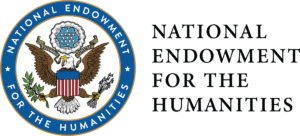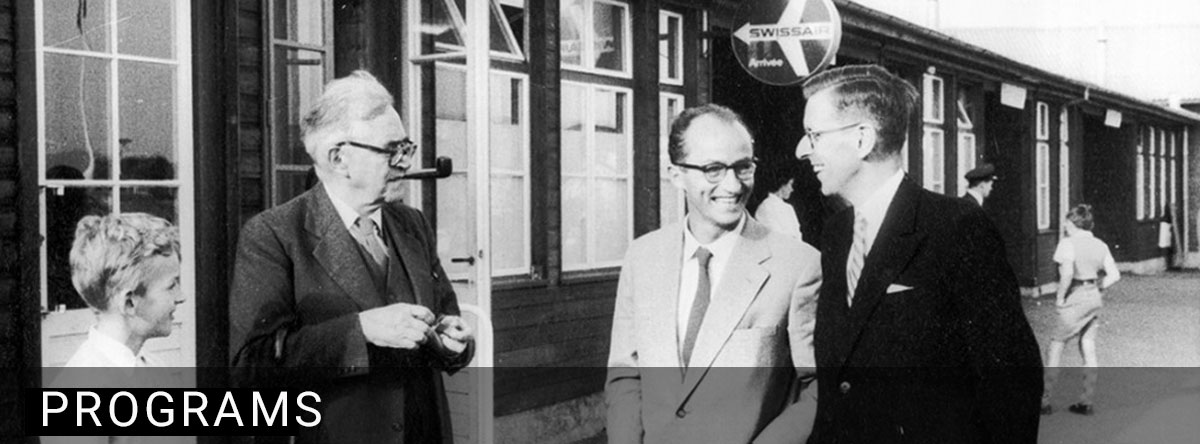
The Barth Translators’ Seminar received a second Scholarly Editions and Scholarly Translations program grant from the National Endowment for the Humanities in 2023 the amount of $300,000. This award follows an earlier NEH project that finished translating the first three of eight volumes in the critical edition of his Lectures and Shorter Works, covering 1905–1921, the first volume forthcoming in print and digital editions in 2022 with Westminster John Knox Press. This current project will translate the second three volumes in this series, covering 1922–1933, in which Barth offers incisive critical commentary on socio-cultural, political, and religious themes in Germany at the time of the Weimar Republic (1919–1933). These themes have ongoing relevance for contemporary thought in the United States, and the project output will offer invaluable resources for humanities scholars working in religion, philosophy, history, German studies, critical theory, and adjacent fields.
The significance of the lectures and shorter works from 1922 to 1933 is that they deal with a hugely important period in Barth’s development as a university professor and public figure, as he took steps to develop his own constructive program of academic work. His confident and outgoing personality, as well as his willingness to engage in controversial topics in public with rare energy and insight, render him a pivotal figure for understanding the intellectual landscape of the Weimar Republic in the tumultuous years of European history that follow the First World War. Most famously, during this period, Barth’s work sought increasingly to confront nationalist populism, which had become entangled with a church that clung to old conservative structures, rooted in the centuries-old symbiosis of “Throne and Altar.” While the church had shaped much of nineteenth-century European society, Barth’s forceful critique revealed that it had nothing to offer in face of contemporary challenges, not least the rise of National Socialism. And as he became an increasingly prominent public figure, so too his works influenced public discourse far beyond the walls of Protestant churches.


